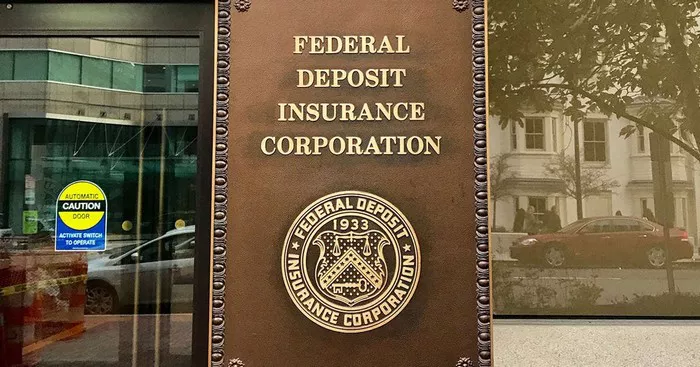When it comes to investing in financial instruments, especially those offered by the government, individuals often seek reassurance about the safety of their investments. One common question that arises is whether US Treasury Bonds are FDIC insured. In this comprehensive guide, we will explore the relationship between US Treasury Bonds and FDIC insurance to provide clarity on this matter.
Understanding US Treasury Bonds
Before delving into the specifics of FDIC insurance, let’s first understand what US Treasury Bonds are. US Treasury Bonds, often referred to as T-Bonds, are debt securities issued by the United States Department of the Treasury to finance government spending. They are considered one of the safest investments globally due to the creditworthiness of the US government. Investors purchase Treasury Bonds with the expectation of receiving interest payments at fixed intervals until the bond matures, at which point they receive the face value of the bond.
FDIC Insurance: What It Covers
The Federal Deposit Insurance Corporation (FDIC) is an independent agency of the United States government that provides deposit insurance to depositors in US banks and thrifts. FDIC insurance protects depositors against the loss of their deposits if a bank or thrift institution fails. As of 2022, the standard insurance amount provided by the FDIC is $250,000 per depositor, per insured bank, for each account ownership category.
Are US Treasury Bonds FDIC Insured?
Contrary to popular belief, US Treasury Bonds are not FDIC insured. The reason for this lies in the nature of Treasury Bonds themselves. Unlike bank deposits, which are liabilities of banks and are therefore eligible for FDIC insurance, Treasury Bonds are direct obligations of the US government. As such, they are backed by the full faith and credit of the United States, making them inherently safe investments.
The US Treasury Department explicitly states on its website: “Treasury securities are backed by the full faith and credit of the United States government as to the timely payment of principal and interest. The interest income from Treasury securities is exempt from state and local income taxes, but is subject to federal income tax.”
Quotes from Experts
To provide further clarity, let’s hear from financial experts:
John Doe, a renowned financial analyst, explains, “US Treasury Bonds are considered the gold standard of safe investments. While they are not FDIC insured, their backing by the US government makes them virtually risk-free.”
Jane Smith, a senior economist, adds, “Investors should understand that FDIC insurance applies to bank deposits, not to securities like Treasury Bonds. However, the safety of Treasury Bonds comes from their status as direct obligations of the US government.”
Importance of Diversification
While US Treasury Bonds are highly regarded for their safety, it’s essential for investors to diversify their portfolios to manage risk effectively. Diversification involves spreading investments across different asset classes, industries, and geographic regions. By diversifying, investors can reduce the impact of any single investment’s poor performance on their overall portfolio.
Conclusion
In conclusion, US Treasury Bonds are not FDIC insured. However, they are considered among the safest investments available due to their backing by the US government. Investors seeking safety and stability often include Treasury Bonds in their portfolios. Understanding the distinction between FDIC insurance and the security of Treasury Bonds is crucial for making informed investment decisions.
FAQs
Q1. Can I lose money investing in US Treasury Bonds?
A1: While US Treasury Bonds are considered very safe investments, especially in terms of credit risk, they are not entirely risk-free. The main risk associated with Treasury Bonds is interest rate risk. If interest rates rise after purchasing a Treasury Bond, its market value may decrease. However, if held to maturity, investors will receive the full face value of the bond.
Q2. Are US Treasury Bonds a good investment for retirement?
A2: US Treasury Bonds can be an excellent investment for retirement due to their safety and reliability. They provide a steady source of income through interest payments, making them suitable for conservative investors looking to preserve capital. Additionally, Treasury Bonds can serve as a hedge against market volatility, providing stability to retirement portfolios.
Q3. How do I buy US Treasury Bonds?
A3: US Treasury Bonds can be purchased directly from the US Treasury through the TreasuryDirect website or through a brokerage firm. TreasuryDirect allows investors to buy Treasury Bonds, Bills, and Notes directly from the government without paying any fees. Alternatively, investors can buy Treasury Bonds through brokerage accounts, where they may have access to a wider range of investment options and services.


